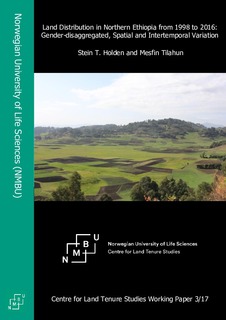Participación política de las mujeres en condición de desplazamiento en el consejo comunitario de "La Mamuncia" (Vereda Cacahual) en el municipio de López de Micay
Esta investigación analiza desde el ámbito sociocultural la participación política de las mujeres en condición de desplazamiento en el Consejo Comunitario La Mamuncia (Vereda El Cacahual) del municipio de López de Micay-Cauca, territorio en el cual se encuentran concentradas diferentes familias afrocaucanas que carecen de empleo, educación, seguridad alimentaria y salud, además de ser víctimas de la violencia por parte de los grupos armados.







